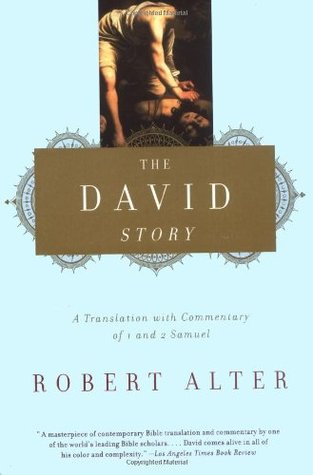 Tables in the Wilderness: A Memoir of God Found, Lost, and Found Again by Preston Yancey
Tables in the Wilderness: A Memoir of God Found, Lost, and Found Again by Preston YanceyMy rating: 4 of 5 stars
"I have pounded on the door of heaven, screaming shrilly. As if the silence were not the gift; as if I would exchange the restlessness and questions for any soporific peace... I have been selfish and I know it when my mother comes into my room, asking, "Are you blue?" (Depression, displacement, desire deferred--all cram within this colour.) I have thought I could not endure another day at a church where everything rolls on the same. Sitting at my grandma's round table--hedged by parents, grandma, Uncle B, Aunt L, and Aunt R--I have been silent, but I have not touched The Silence. I have been afraid to speak as a cynic and afraid to speak as a hypocrite, so I have been absent. I have tucked in my frayed edges so there is no solitude for others to greet or touch."
The words above are my own from a diary entry of a couple months ago, but they could well be Preston Yancey's. Tables in the Wilderness dwells mostly in the liminal word of its subtitle; it's the story of how a talented young college student, raised in the happy-clappy assurance of evangelical (Southern Baptist at that) youth culture, lost the voice of God, but later found Him in liturgical churches, scholarship, and more silence.
Other reviewers have complained about the vagueness of this book. Well, if one expects memoirs to be strong on "plot" or to provide striking characters, then this book is a failure. A brief sketch of Preston's early life as a devote Baptist pastor's son and "youth group" leader is given. The rest of the book meanders through his years as an undergrad at Baylor University and includes its share of young adult friendships and romances gone wrong. Preston and his friends start a church group and its failure precipitates much of his angst. It's nothing impressive or dramatic, coming, as other reviewers have pointed out, from a veeeeeeery young man. The narrative could come across as self-absorbed. However, I'm a very young and self-absorbed woman, so I didn't mind Preston's lack of experience and honesty about his angst. Instead, I read the book almost as a devotional. Indeed, Preston writes, "For anyone feeling like God is silent, this book is for you."
This book didn't rescue me from all my personal silence--although while I was reading it, I think God did speak. I read it as a kindle, but filled it with highlighting, smiley face notes, questions, exclamations of "oh!", and even prayers. Preston's professors--especially in the honours college and Great Texts major--were the most iridescent "characters", reminding me of the invaluable role professors play in Christian institutions--how much they challenge us when we don't want to be challenged, and then the most sincere of them are often demonized for it, yet maintain patience and humour. The book also made me insanely jealous of the Great Texts major. One conclusion it led me to is that I desperately need to read Marie de France and Plato's Timeaus as soon as possible. Of his university experience Preston writes: "Somewhere between the frenzy of discovery and the patient work of searching I became a scholar. Being a scholar meant I could ask big questions and then go searching for the answers. That’s all I had ever really wanted to do." I also; I also. I appreciate a perspective that can value mystery, aesthetics, and a liturgy of embodiment, but also the work of scholarship, which involves the discipline to "own the perspective of the work... and critique only so far as the text allow[s]...".
I finished this book a couple of weeks ago and now as I scroll through my notes I am more impressed and challenged by it than ever. Despite the vagueness of narrative and a few minor editing challenges, it will likely reach my top ten list for this year. This review, which I'm writing at 12:15 am, is not sufficient to contain all my responses to this book, so I hope to soon make a blogpost or two utilizing the reading questions provided in the book and continuing to examine how it can continue to challenge me and hopefully others.
View all my reviews
 There is no frigate like a book
There is no frigate like a book



